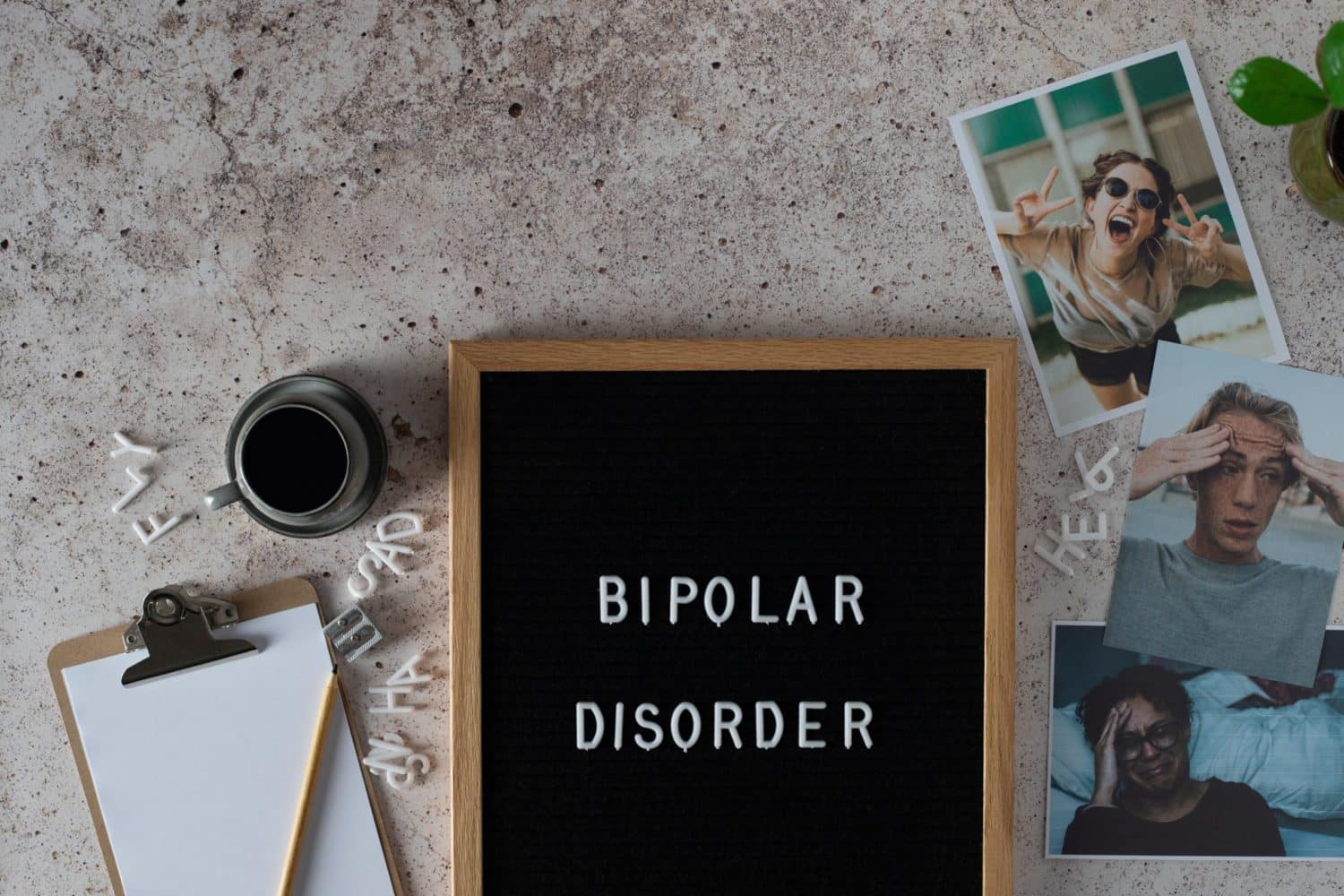Although millions of Americans live with mental health conditions, mental illness is still often depicted in the media and pop culture as something to be ridiculed or feared. In fact, according to the American Psychiatric Association, more than half of people with mental illness don’t receive help for their disorders or delay seeking treatment due to concerns about being treated differently. Even in 2021, stigma, prejudice, and discrimination against the 1 in 5 adults experiencing a mental health condition in the U.S., is still a problem.
Public relations and marketing professionals can play a part in changing the mental health conversation by helping healthcare and nonprofit clients share honest and relatable stories about mental health struggles and journeys to recovery. Especially as symptoms of anxiety or depressive disorder have skyrocketed during the COVID-19 pandemic, we must normalize mental health and cast light on its widespread impact.
During Mental Health Awareness Month in May, here are a few tips on how you can help your clients tell impactful stories to support the movement to change the mental health conversation:
Do Your Research

Just as doctors and other healthcare providers take the Hippocratic oath to “first, do no harm,” this concept is also something PR professionals should keep in mind. It’s important to remember the goal of telling sensitive stories, like the highs and lows experienced by someone struggling with mental health, isn’t to hurt by causing a spectacle, but to help by allowing the survivor to share their story in a way that supports their recovery and inspires others to seek treatment or find support.
Do your best to understand what conditions like depression, anxiety, schizophrenia, and bipolar disorder look like. Don’t make assumptions based on what you’ve seen or heard. These conditions are often misunderstood and/or vilified, so you can’t trust what you see on social media or hear in the news. When speaking with survivors or members of the media about mental health, be careful of what you say and how you say it. For example, Psychology Today’s 10 Commandments for How to Talk About Mental Health recommends that you don’t say “mentally disabled,” “mentally handicapped,” or “mentally ill.” Instead, say, “has a mental illness.” It can also be appropriate to say “mental health condition,” since many people who deal with mental health concerns may not have a formal diagnosis or a full-fledged illness. With a sensitive population in recovery, the proper verbiage is key. Focus on the person, not their illness.
Mine for Journalistic Gold
As with all of our public relations engagements, we based our NAMI Central Texas public relations strategy off of story-mining sessions we conducted with the organization. The most important thing to remember when story mining is the goal is to not only uncover “man bites dog” story angles that turn a particular topic on its head but also to identify stories that can help you build your client’s brand by connecting to audiences in a meaningful way.
Talk to internal and external stakeholders to identify standout employees, volunteers, patients, families, or donors who have compelling mental health stories that not only showcase your client’s unique value proposition but would also appeal to journalists. The best stories are not only timely or relevant—they’re also relatable, tug at the heartstrings, and contain a clear call to action. Focus on the why and the who, rather than the what and the how. When pitching mental health stories to the media, choose conscientious reporters you know will treat your clients with dignity and respect.
Handle With Care

Finding the perfect mental health story and convincing a reporter to interview your client and/or their constituents are exciting wins, but they’re only half the battle. Because our emotional, psychological, and social well-being falls squarely in the healthcare space, HIPAA rules and patient confidentiality apply to mental health survivor stories. Make sure you get a survivor’s permission to use their name, words, and likeness on the record. This can be done via an email thread or with a signed media release. Extra special care should be taken with stories involving children. Discuss ahead of time what survivors and their families feel comfortable with sharing, and what is off-limits.
Participating in media interviews is nerve-racking enough without the added stress of sharing one’s innermost struggles. Do your best to put a mental health survivor at ease by providing talking points and potential questions ahead of the scheduled interview. You might also consider hosting a dry run to help them collect their thoughts and work out any pre-interview jitters. For survivors who are especially nervous about appearing on camera, it is sometimes helpful to offer them the option to only participate in print, email, or phone interviews. This will not only help put your interviewee at ease but can also reduce the likelihood of last-minute cancellations.
Interested in learning more about Bloom? Get in touch and subscribe to our monthly newsletter below.How PR Pros Can Help Change the Mental Health Conversation
